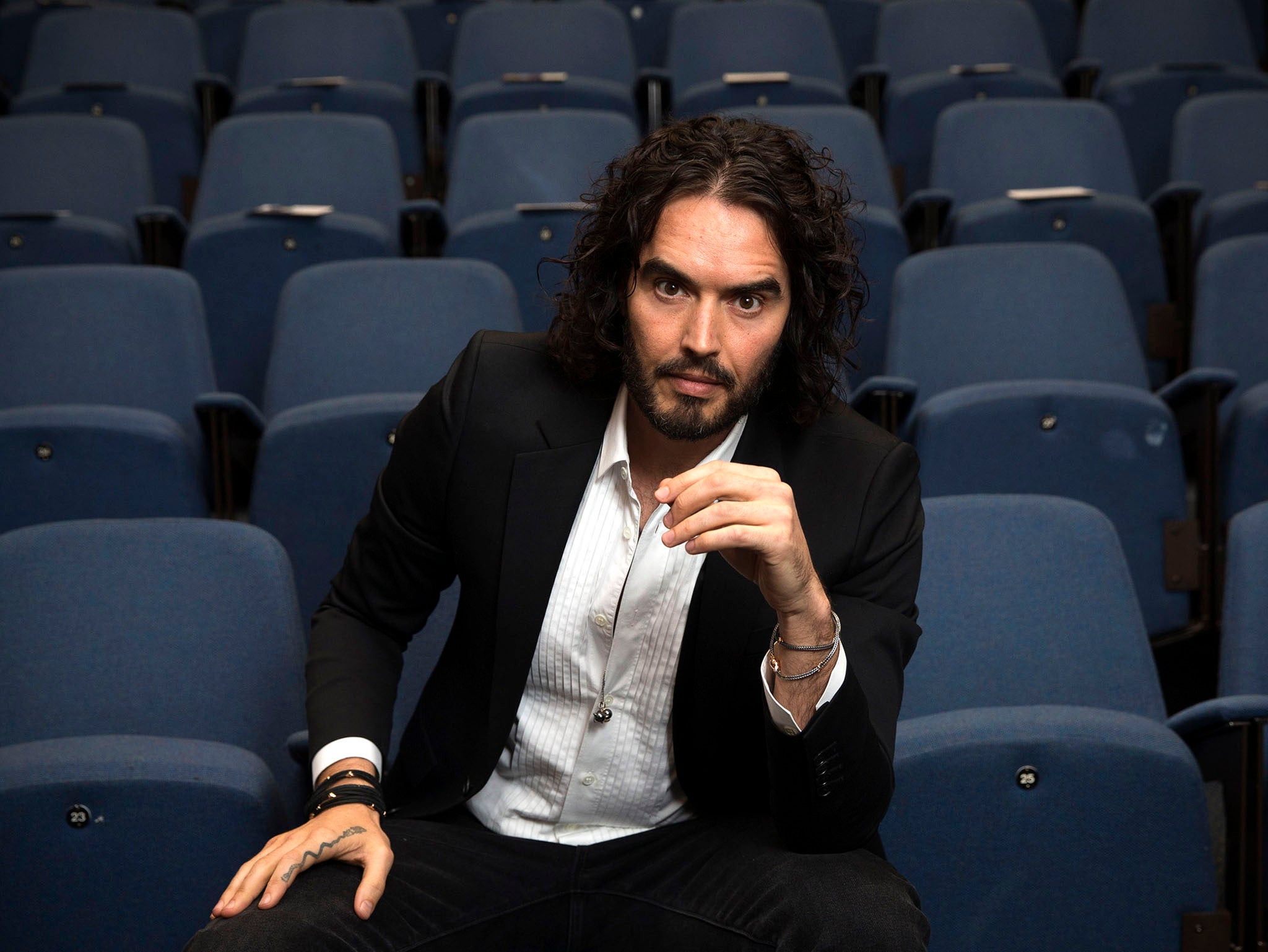Growing student debt is unlikely to encourage young voters
Russell Brand's 'won't vote' mantra is still ringing in our ears

Fewer than half of young people bothered to vote in 2010 and, with Russell Brand's "won't vote" mantra still ringing in the nation's ears, there are fears that the newest batch of 18- to 24-year-olds will boycott the general election in droves.
National Voter Registration Day has been organised for 5 February in an attempt to galvanise young people, and others, to at least be in a position to vote, even if they then choose to find something else to do on 7 May.
But there remain serious questions about how well young people have been served by Parliament in the past five years, and whether more have been switched off voting than have been encouraged to do so.
The Government's record on the young has been patchy, not least on tuition fees, which were imposed despite protests and a widespread sense of betrayal among students. And despite the huge hike in student debt - the spectre of a £42,000 debt for an undergraduate degree is hardly likely to inspire younger voters - overall spending on universities fell to 1.3 per cent of GDP in 2013 from 1.37 per cent in 2010. Alongside this, there is resentment that rising numbers of academics are on zero-hours contracts.
On apprenticeships, the picture is rosier. The Coalition pledged to "seek ways to support" them and by 2012, the number of annual apprenticeship starts had risen to 500,000 per year, which is reasonably good news for 16- to 24-year-olds, even though the figure has not been sustained and the majority of apprenticeships have been taken up by over-25s.
Russell Brand's 'won't vote' mantra is still ringing in our ears Eradicating child poverty by 2020 was an ambitious goal set out in the Coalition's Programme for Government, published in 2010. It has not been achieved: the number of children in absolute poverty is now forecast to hit 3.5 million by 2020, up a third from 2.6 million when the Coalition took power in 2010. Many of the same destructive social and economic forces have persisted.
Against this backdrop, is it any surprise that Russell Brand's interview with Jeremy Paxman has received 105 times more views than the combined views of Ed Miliband's, David Cameron's and Nick Clegg's 2014 conference speeches? Unfavourable policies, on top of parliamentary jargon and the social disparity between the elector and elected, have not served young people.
Bite the Ballot is an organisation that understands the non-policy-related barriers that deter young people from engaging in politics. This is why their online platform is easily accessible, formatted to suit the digitally savvy, and presented in a language that all can understand.
But, says grassroots co-ordinator Sara Ghaffari, the encouragement young people need can be even more basic than that: "Registering to vote is the first, essential step young people need to take to become engaged in politics."
With National Voter Registration Day approaching, leaders ought to take a leaf out of Bite the Ballot's book and actively reach out to young voters. Efforts made by Miliband, Clegg, Nigel Farage and Natalie Bennett are steps in the right direction. It is hard for young people to engage in democracy, so making political information accessible certainly helps. Brand's anti-vote narrative doesn't need any help - it's already bad for democracy.
Join our commenting forum
Join thought-provoking conversations, follow other Independent readers and see their replies
Comments
Bookmark popover
Removed from bookmarks